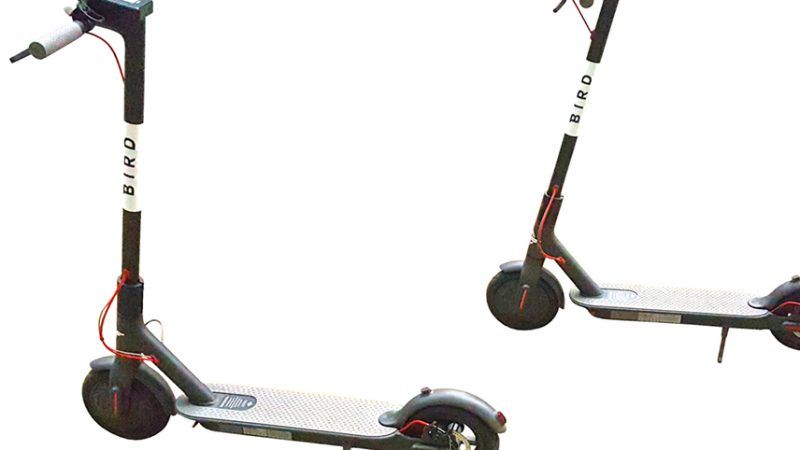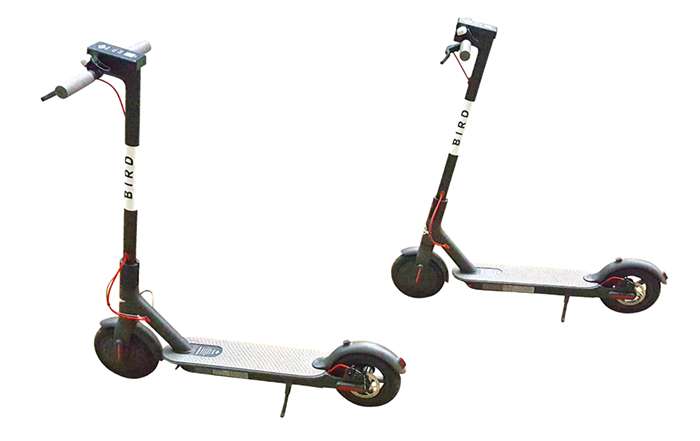Electric Scooters


Commuting in Washington, D.C., requires careful calculus. Take Metro? It's cheap, but there are constant delays and crowded trains. Uber? It's reliable but more expensive, and traffic sucks. Walking is free but leaves you drenched in sweat during the heavy, humid summer.
Enter the electric scooter. These zippy little guys—owned by companies with names like Bird and Lime that are backed by private venture capital—popped up in urban areas this year to offer a new solution for short city commutes. You download an app, enter credit card info, and with the snap of a QR code you can rent any scooter for $1 (plus a few pennies per minute). My three-mile commute to Reason's office takes less than 20 minutes by scooter, a time public transportation can't match, and at a lower price than Uber.
There are trade-offs: Busy roads can be perilous, side streets full of potholes, and sidewalks too crowded with pedestrians. Scooters aren't going to replace full-fledged transit systems or automobiles, but they're a useful alternative that makes commuting through crowded cities a little easier.
Policy makers have tried to ban e-scooters in such places as Nashville and San Francisco, claiming they are dangerous. If that's true, bikes should be prohibited from city streets as well. The concern is also disingenuous: Civic officials would probably love these green, hip transit alternatives if they'd been developed in the public sector.
This article originally appeared in print under the headline "Electric Scooters."


Show Comments (1)